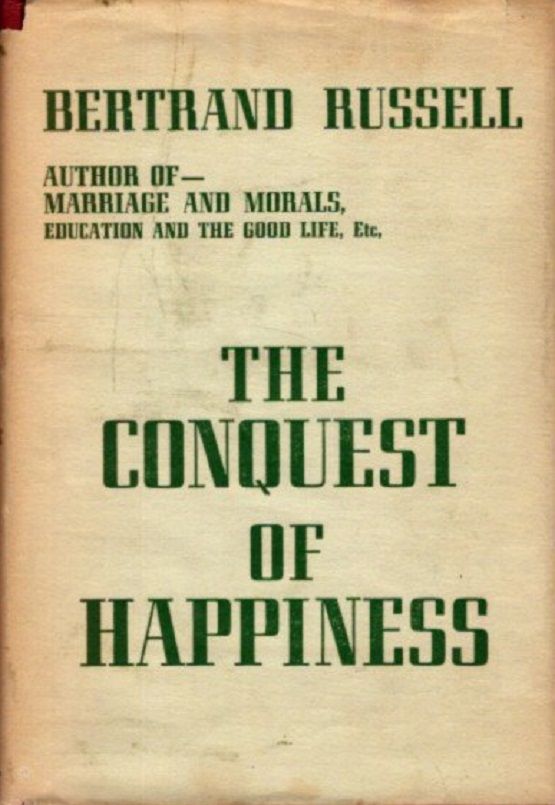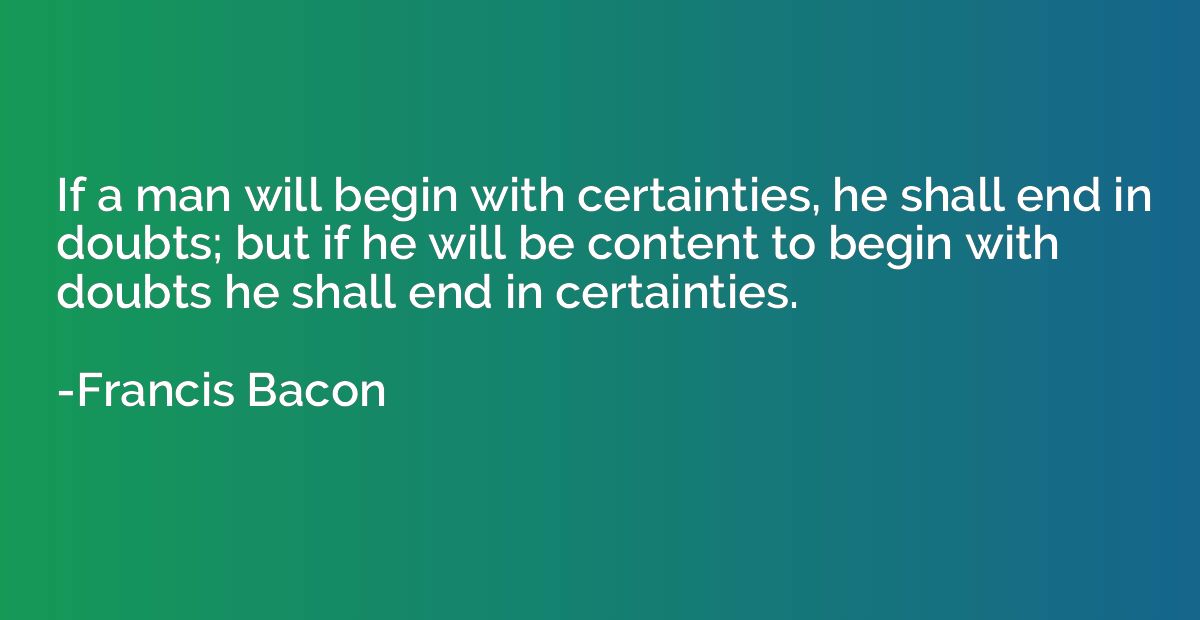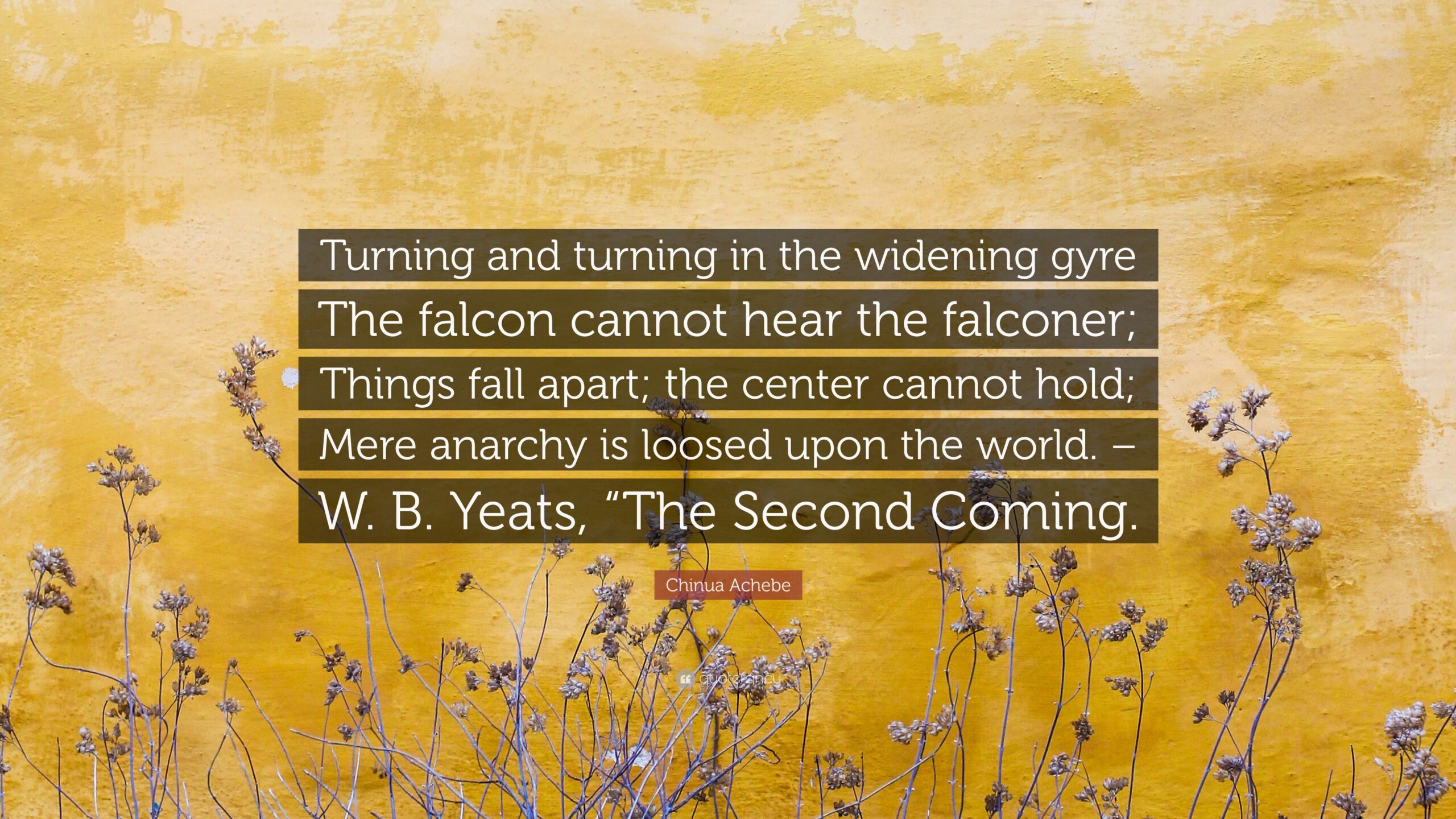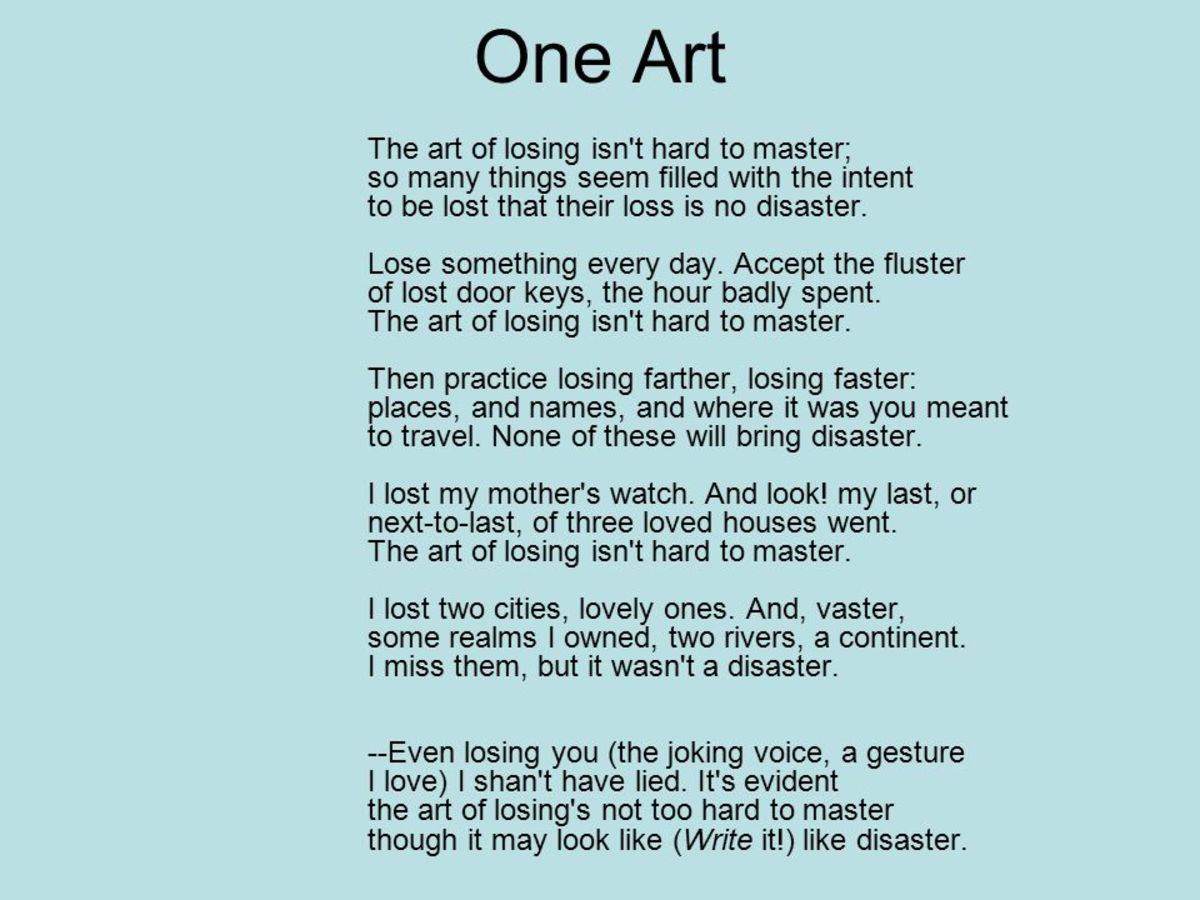LITERATURE
The modern world is facing multiple social, economic and psychological challenges. Hence, they are much more entangled in the means than the end. The end is critical, not the means. All those means which could not produce happiness are fruitless. Therefore, the pursuit, conquest and consequence of joy are essential for human individual and collective life.
Bertrand Russell published The Conquest of Happiness in 1930, which predates the contemporary infatuation with self-help publications by decades. Russell expressed it in the Preface as “not addressed to highbrows, or to those who regard a practical problem merely as something to be talked about”. Russell’s usage of the word ‘conquest’ in the title underlines his primary contention that, except in rare cases, happiness does not simply present itself to people but must be achieved. He contends that the multitudes of men and women who suffer from unhappiness could achieve happiness if they heed the guidance he delivers in the book.
Unhappiness And Despair
Russell spends more time in Conquest examining the causes of unhappiness than he does the causes of happiness. He acknowledges that some of the many causes of unhappiness are rooted in the social system, and others are the result of one’s psychology. For Russell, the social system institutes war, economic exploitation, and unequal access to high-quality education and employs fear tactics to disorientate people about their place in society. Elaborating on war, Russell states that social systems cannot evade war when “men are so unhappy that mutual extermination seems less dreadful than continued endurance of the light of day”.
Handling the issue of individual psychology, Russell states that here unhappiness is primarily caused by “mistaken views of the world, mistaken ethics, mistaken habits of life, leading to the destruction of that natural zest and appetite for possible things upon which all happiness, whether of men or animals, ultimately hinges. These matters lie within the power of the individual, and I propose to suggest the change by which his happiness, given an average acceptable fortune, may be achieved”.
For this reason, in Chapter 2, Russell describes ‘Byronic’ unhappiness. Byronic unhappiness relates to the characteristics and poetry of the English Romantic poet Lord Byron, especially his romanticism, melancholy, and dramatic energy. Essentially, the Byronic individual has a self-absorbed, brooding personality: the term may further describe a proud, sullen, melancholy, rebellious and lonely person.
Russell depicts Byronic individuals as truly unhappy but “proud of their unhappiness, which they attribute to the nature of the universe and consider to be the only rational attitude for an enlightened man”.
Russell, however, counters that there is no superior rationality in being unhappy, and the wise individual should allow himself to be happy as circumstances allow. And unless you are Byronic, you will try to avoid being around those who are ‘happy with being unhappy’ since their negative moods may envelop you.
Russell acknowledges that the greatest threat to happiness is competition. He speaks of people who work so much that they ignore the simpler things that can bring joy, contentment and happiness. Boredom is another source of unhappiness, according to him. He considers boredom is an exclusively human emotion. Animals may become lethargic, stride up and down, and yawn, but what they experience is not boredom.
According to Russell, the opposite of boredom is excitement. Thus, if we are not excited by our environment or circumstances, we are bored by them. He writes, “The desire for excitement is part of the instinct in human beings, especially in males. I suppose that in the hunting stage, it was more easily gratified than it has been since”.
Russel believes that fatigue also contributes to unhappiness. Russell says fatigue can be a ‘grave evil’. Linking to modern views, Russell also links stress and anxiety to fatigue. As a piece of great advice, he delivers that so many worries can be avoided by realizing the unimportance of whatever is causing the stress. Thus, a key to happiness is not caring about what others think of you or what others think is essential. (This makes me think of a sign I once read on the wall of a mechanic’s garage: “An emergency on your part does not make it an emergency on my part!”)
Russell then states, “Next to worry, probably one of the most potent causes of unhappiness is envy. Envy is, I should say, one of the most universal and deep-seated of human passions”. As Russell indicates, if we compare ourselves only to people who have achieved or have more than we have, we are likely to be unhappy.
Russell further describes ‘the sense of sin’ as one of the most critical psychological causes of unhappiness due to the corresponding feeling of concern. Guilt takes dwelling within one’s consciousness through reflection upon an act that violates one’s code of conduct. As Russell writes, “Nothing so much diminishes not only happiness but efficiency as a personality divided against itself”. Remorse is also likely to make one feel inferior. Worse yet, the unhappy person is expected to act out in several harmful ways, including setting unrealistic expectations of others’ behaviours or holding grudges against those who seem superior.
Russell’s last two sources of unhappiness are persecution mania, where people envision that others wish to kill, imprison, or otherwise injure them, and a fear of public speaking. Of the fear of public speaking, Russell states, “Very few people can be happy unless, on the whole, their way of life and their outlook on the world is approved by those with whom they have social relations, and more especially, by those with whom they live”.
Happiness and Joy
Russell’s description of happiness’s causes, or the sources, begins with zest. He equates zest with a thirst for life. Among the examples he provides to illustrate the concept is that while many people eat their daily meals as a chore to be completed, others approach the preparation and consumption of a meal with gusto. As a bachelor who eats most of his meals alone, I see a meal as something that is nuked in a microwave and find relatively little pleasure in the experience. On other occasions, however, dining takes on an entirely new meaning when preparing a meal for companions or going out to dinner with friends, especially when a favourite meal is about to be served. It counts zest to my life.
Russell points out that the more a person is interested, the greater the opportunities for zest and happiness. He significantly promotes the value of affection, both toward and from others. He explains, “One of the chief causes of lack of zest is the feeling that one is unloved, whereas conversely, the feeling of being loved promotes zest more than anything else”. Moreover, those who face life with a feeling of security are much happier than those who encounter it with a feeling of insecurity. “It is affection received, not affection is given, that causes this sense of security,” Russell writes, “though it arises most of all from reciprocal affection”.
Russel further explains that a solid and rewarding family life is another excellent source of happiness. As sociologists often present, the family serves as a primary agent of socialization and plays a hugely significant role in personal security, affection and joy.
Russell further points out that having work is not only a mark of being a productive member of society, but it can also bring a great sense of happiness. He states that “provided work is not excessive in amount, even the dullest work is to most people less painful than idleness”. He further argues that almost anyone who has been or is currently unemployed can attest to the unhappiness that unemployment can bring. Work, therefore, is alluring and provides us with many opportunities for happiness.
Another source of happiness is the pursuit of impersonal interests. Impersonal interests are those pursuits which help to fill one’s leisure time and afford relaxation from the tenseness of the more severe preoccupations of family, work and finances. Then, reading a book, watching games, going to the theatre, and playing golf are among the examples that Russell provides in his masterpiece book.
The central idea of Russell’s view of happiness resides in the belief that, except in rare cases, happiness is not something that happens; instead, it must be achieved through effort or conquered. It makes me think of the saying that good things do not come to those who wait. Instead, they come to people who actively seek happiness and aspire to conquer the obstacles between their pursuit of happiness and happiness itself.
Maybe surprisingly, resignation also has a part to play in the Conquest of happiness, and this part is no less essential than that played by effort. Thus Russell argues that a wise person will learn to resign from pursuing desired but unattainable forms of happiness so as not to interfere with dating the feasible conditions. He says, for example, “Nothing is more fatiguing, nor, in the long run, more exasperating, than the daily effort to believe things which daily become more incredible. To be done with this effort is an indispensable condition of secure and lasting happiness”.
Therefore, Russell recognizes that happiness depends partly upon external circumstances and partly upon oneself. Some people are born with certain advantages, and yet we all have the possibility of attaining happiness. The happy person has affection, broad interests, pursues life with zest, is free from suffering, is a citizen of the universe, and doesn’t give a damn about what others think of them or what others think is essential. Hence, the pursuit of happiness is the complete aesthetical process of providing poetic justice to one’s personality. Russel asserts that happiness shall never come to you as a dignified emotion; instead, you must conquer it with your feelings, beliefs and preferences. He believes in human dignity, individuality and sublimity of character. Thus, he provides a recipe for remaining happy.

















































1 thought on “The Conquest of Happiness and Application in Modern Times”
Exceptionally excellent, well written, very well crafted to convey the most difficult theme of life in very simple language and with ease